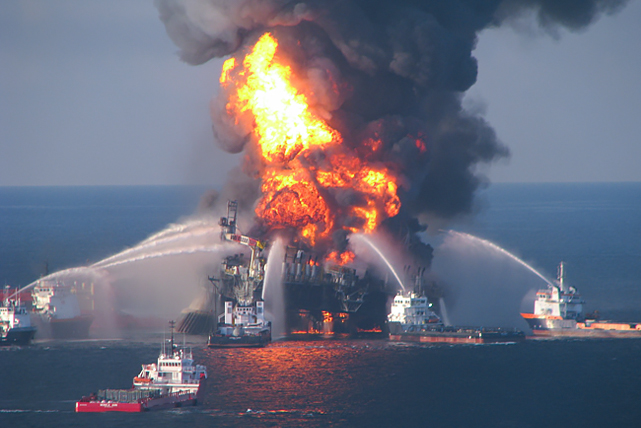The Environment of Society: How Crises Transform Social Systems
Research department: Economy and Civil Society
IRS Research Topic: Conceptual Approaches to Crisis and Resilience
Project Leader within IRS: Tjorven Harmsen
Duration: 12/2018 - 03/2022
Climate impacts, terror attacks, major technical accidents: Keywords like these indicate situations of fundamental threat, urgency and uncertainty with which social systems of various scales are confronted today. This is on particular display during the Covid-19 pandemic. Has the “world risk society” (Beck 2007) possibly transformed into a “world crisis society” already?
This question of sociological diagnostics assumes a shift in the communicative mode of anticipation (“risk”) towards a mode of reaction (“crisis”). Structural effects of society can no longer be outsourced: As acute emergencies they necessitate social resonance. Starting from this thought, the dissertation project investigates crisis in-depth from a systems-theoretical perspective.
While in crisis it is instantly apparent that a reaction has to happen, there is a void on the “how”: Concepts of the world are disrupted (see Weick 1993 for “Cosmology Episodes”). The communicative continuity cannot be geared quasi-automatically, but instead has to be found in the further process of the crisis. How the dynamics evolve within the social system is investigated in the project. Crisis is conceptualised as transitional phase in the evolution of cognitive systems. This adds to Niklas Luhmann’s assumption of systemic closure a precedent phase of openness. Named as “submergence”, the concept shall function as an antonym to the well-established term of emergence: Certain cognitive assets are not available anymore, they submerge.
How a crisis like this leads to a shift in the social system’s “center of gravity”, can be illustrated with qualitatively conducted crisis biographies (see method also in BMBF-project “RESKIU”). Analytical focus is on complex emergencies at sea, which in their highly dynamic conditions especially impede closure in communicative systems. The working title “The Environment of Society” refers to such an encounter of communication and non-communication. It integrates “the other side” into the Luhmannian view on societally activated processes (if directly translated, German titles of his books are e.g. “The Society of Society”).
The dissertation project is supervised by Prof. Dr. Anna Henkel (chair in sociology, focus on sociological technology studies and sustainable development) at the University of Passau.
Photo: David Mark/pixabay.com


